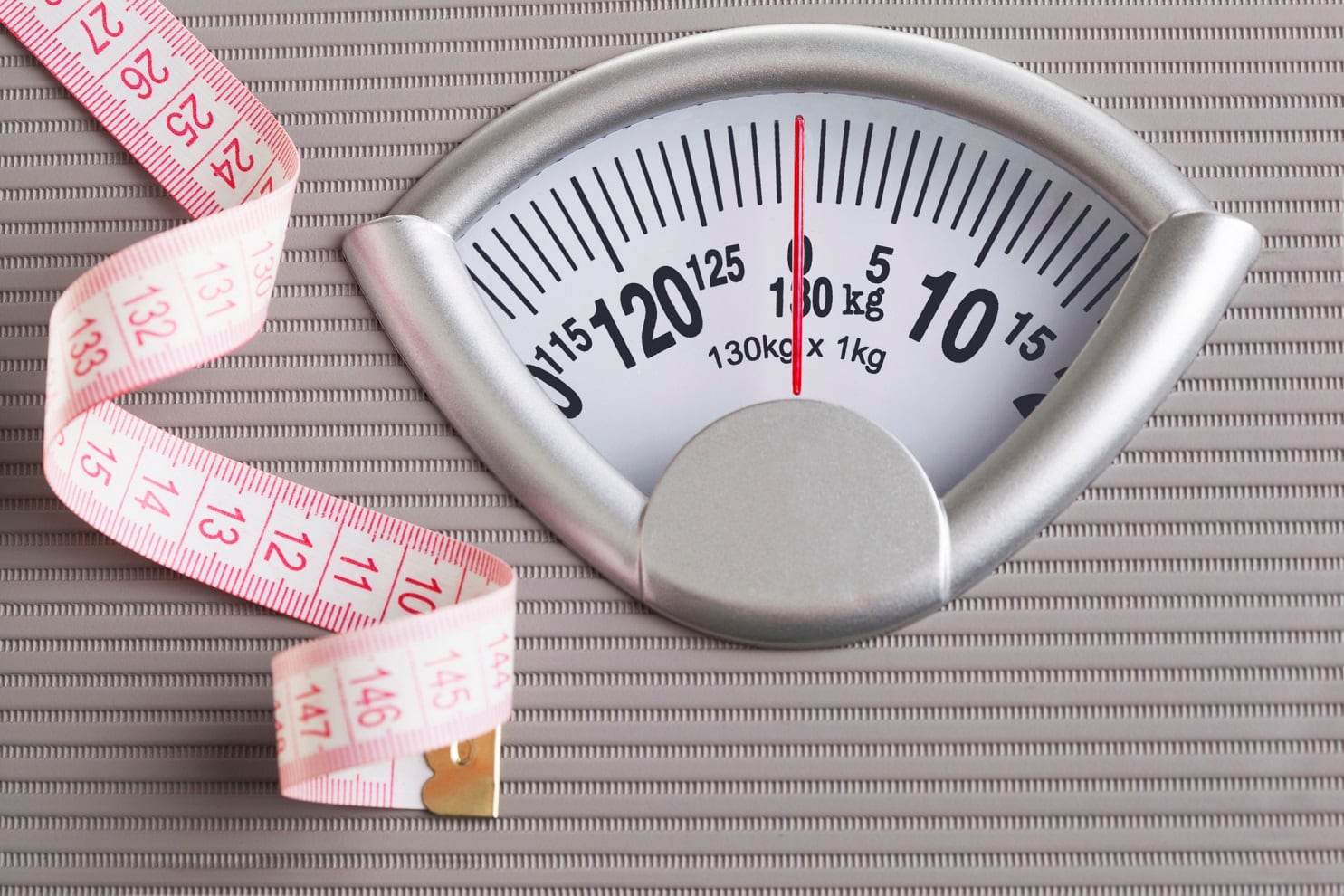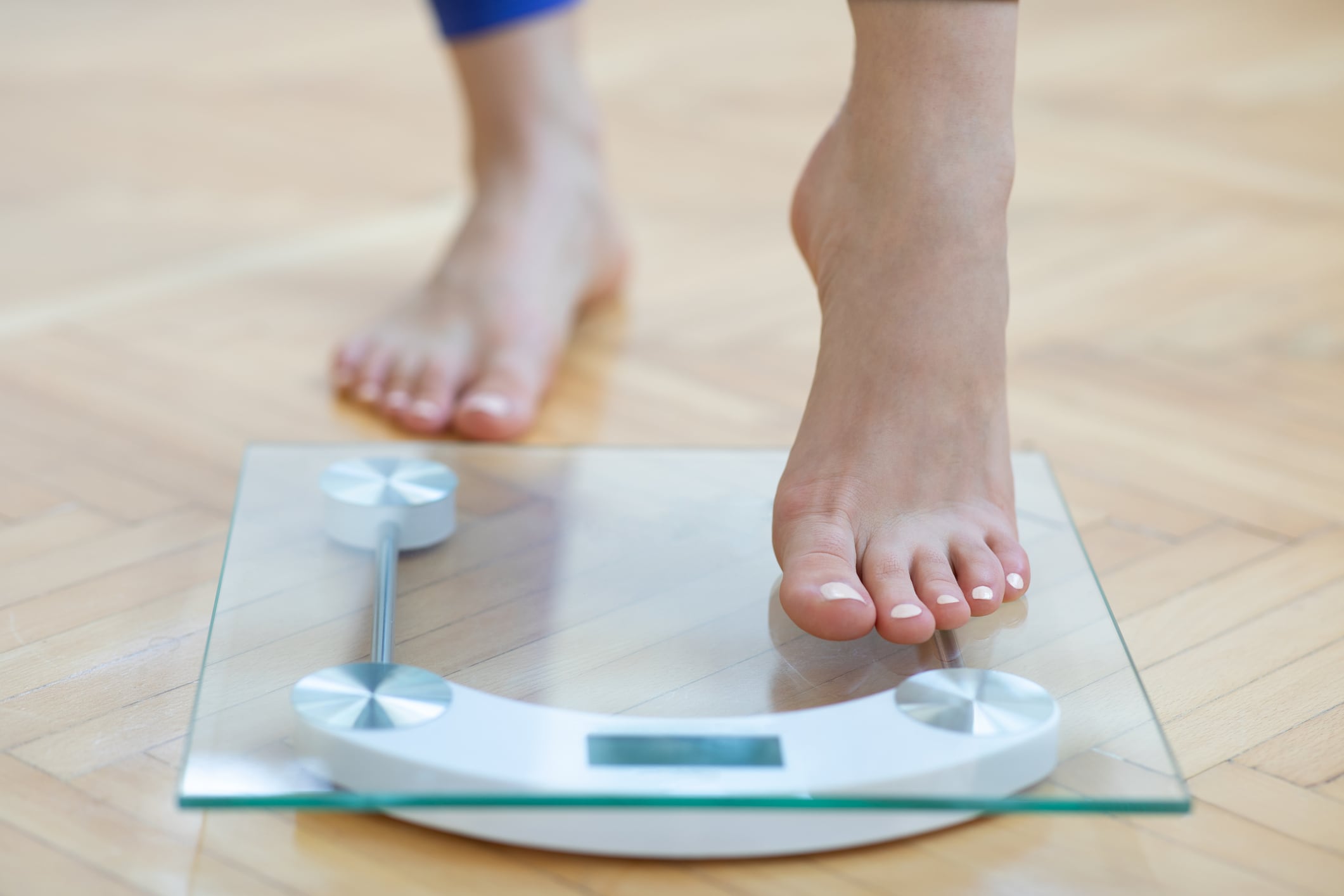Twelve weeks of supplementation with Lactobacillus curvatus HY7601 and Lactobacillus plantarum KY1032 also led to improvements in waist circumference in a randomized, double-blind, placebo-controlled clinical trial with 72 overweight volunteers.
“HY7601 and KY1032 exerted anti‐obesity effects by regulating the gut microbiota composition, which could lead to effective therapeutic trials,” wrote scientists from Korean company hy Co in the journal Nutrients.
“The findings demonstrate that HY7601 and KY1032 intake can alter the composition and diversity of the human gut microbiome, and thereby help prevent obesity and its associated metabolic syndrome.”
Gut microbiota and obesity
The link between the gut microbiota and obesity was first reported in 2006 by Jeffrey Gordon and his group at Washington University in St. Louis, who found that microbial populations in the gut are different between obese and lean people, and that when the obese people lost weight their microflora reverted back to that observed in a lean person. This suggested that obesity has a microbial component (Nature, Vol. 444, pp. 1022-1023, 1027-1031).
A 2013 paper in Science (Vol. 341, Issue 6150), also led by Prof Gordon, found that transplanting gut bacteria from obese humans into germ-free mice leads to greater weight gain and fat accumulation than mice that were given bacteria from the guts of lean humans.
The findings showed that weight and fat gain is influenced by communities of microbes in the gut and their effect on the physical and metabolic traits of the host, leading to metabolic changes in the rodents that are associated with obesity in humans.
This has led many research groups to explore if probiotics may help manage weight. A probiotic is defined as a “live microorganisms which when administered in adequate amounts confer a health benefit on the host” – FAO/WHO.
For our recent summary of the state of the science and market around probiotics for weight management, please click HERE.
Study details
The new study included 72 overweight people who were randomly assigned to receive either placebo or 10 billion colony-forming units (CFUs) of HY7601 and KY1032.
Results of the 12-week randomized, double-blind, placebo-controlled study indicated that the probiotic group experienced a significant reduction in body weight of 0.47 kg, while body weight increased in the placebo group.
Visceral fat mass also improved in the probiotic group (by 1.7 cm2), while waist circumference decreased significantly by 0.4 cm.
The Korean researchers also report that the probiotic group had increased levels of the appetite-suppressing hormone adiponectin, compared to placebo.
Analysis of the gut microbiota of the study participants showed that probiotic supplementation was associated with changes to the gut microbiota and increasing beta diversity. Specifically, Bifidobacteriaceae and Akkermansiaceae increased, while Prevotellaceae and Selenomonadaceae decreased.
Stability testing has shown that both strains have good acid and bile tolerance, said the researchers, with 35% survival for HY7601 after exposure to oral, gastric, and intestinal environments, and 80% survival for KY1032.
“Our data suggest that HY7601 and KY1032 have intestinal stability with high survival ability, which may have contributed to regulate the gut microbiome,” they wrote.
“Taken together, the administration of HY7601 and KY1032 is expected to regulate the proportion of bacteria known to contribute to or alleviate obesity.”
Source: Nutrients
2022, 14(12), 2484; doi: 10.3390/nu14122484
“Effects of Lactobacillus curvatus HY7601 and Lactobacillus plantarum KY1032 on Overweight and the Gut Microbiota in Humans: Randomized, Double-Blinded, Placebo-Controlled Clinical Trial”
Authors: S-J. Mo et al.





